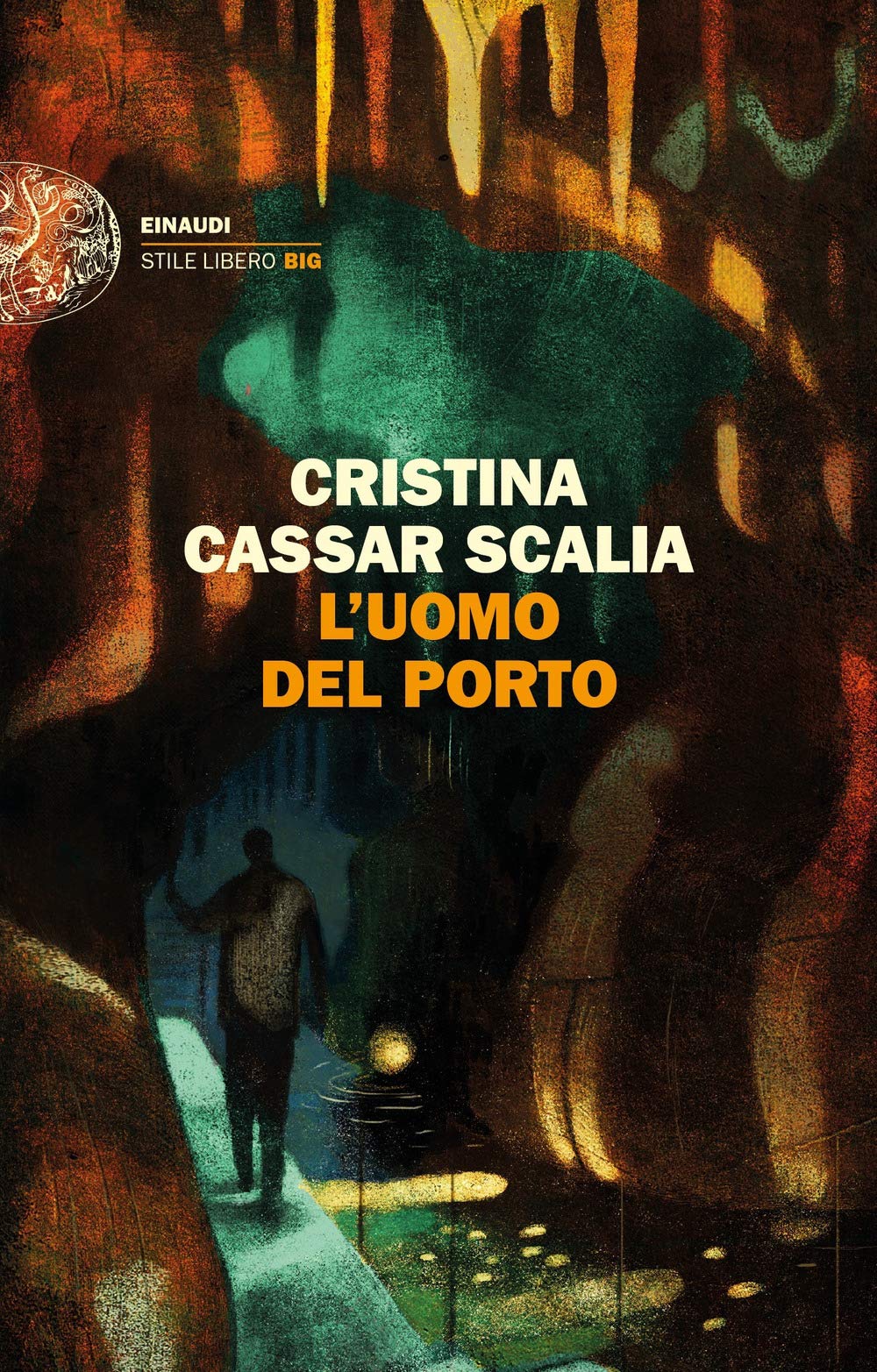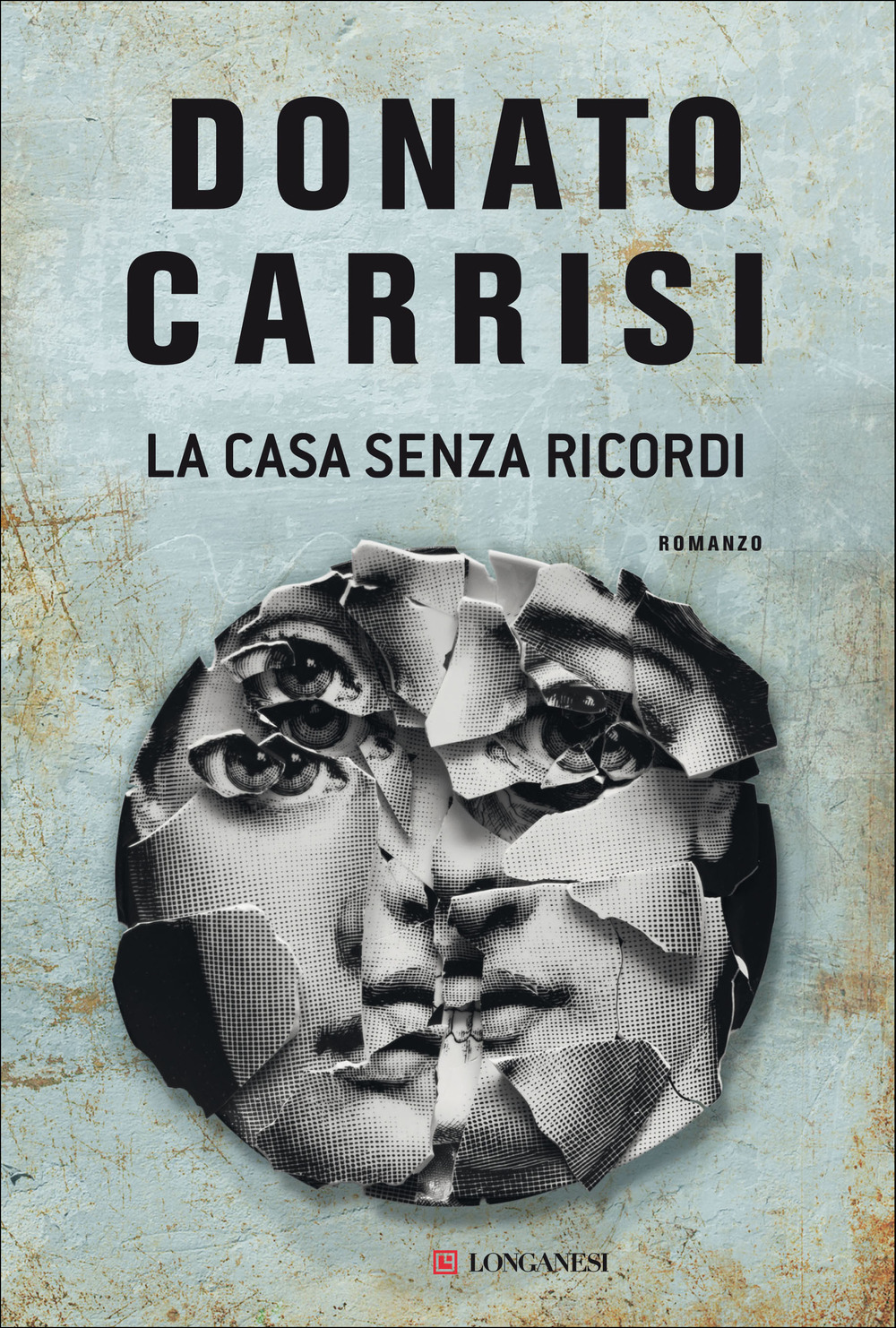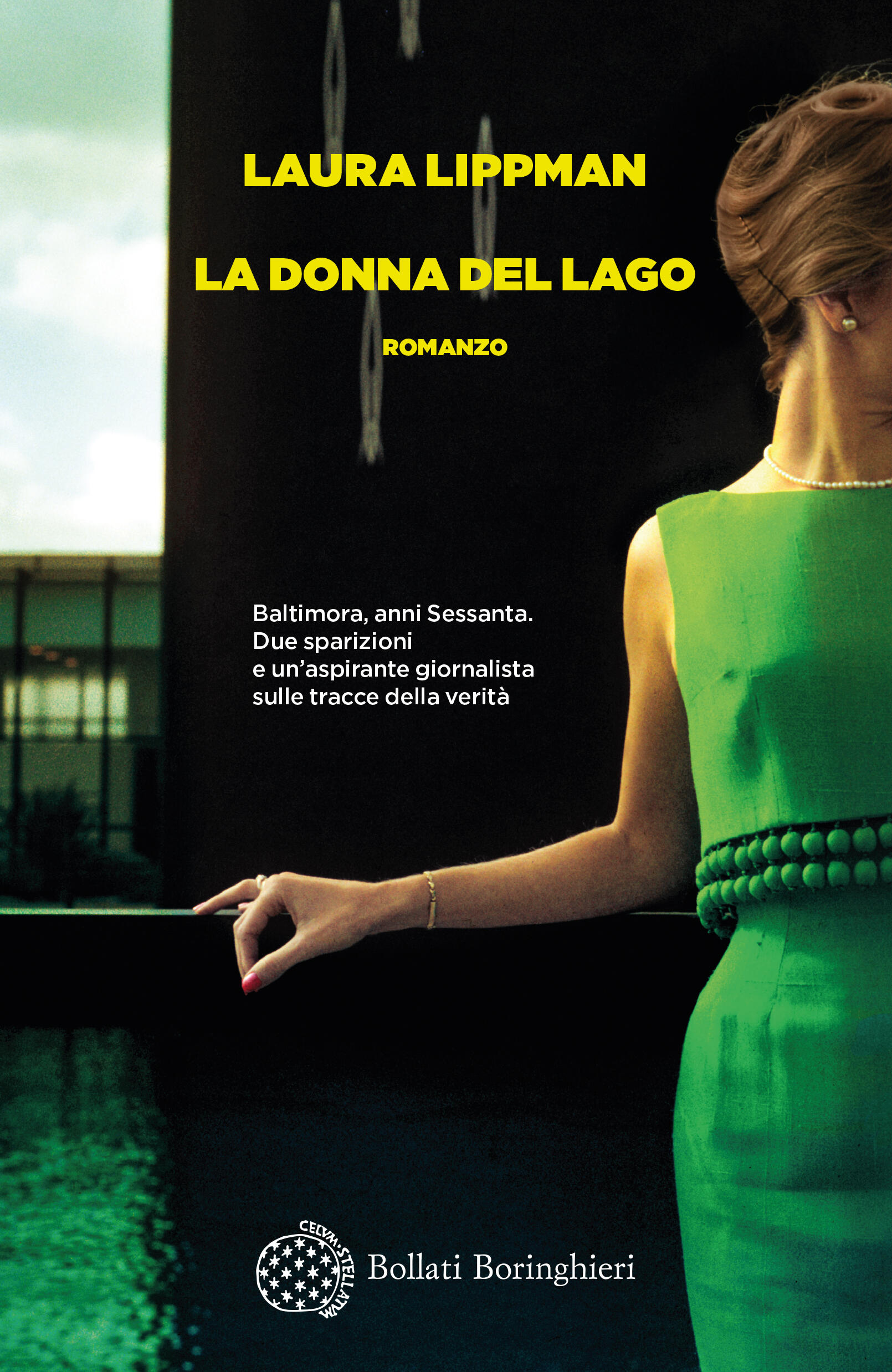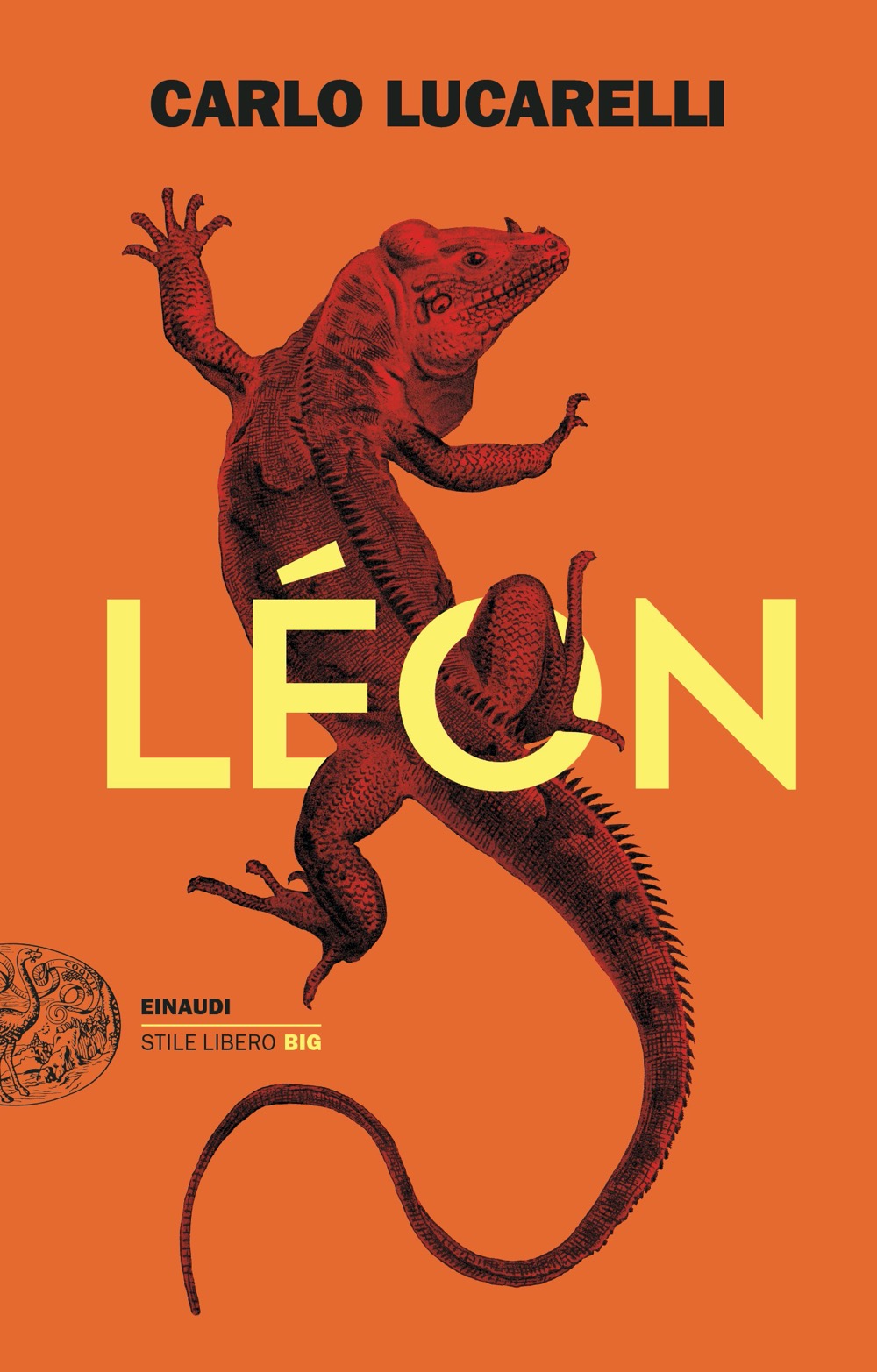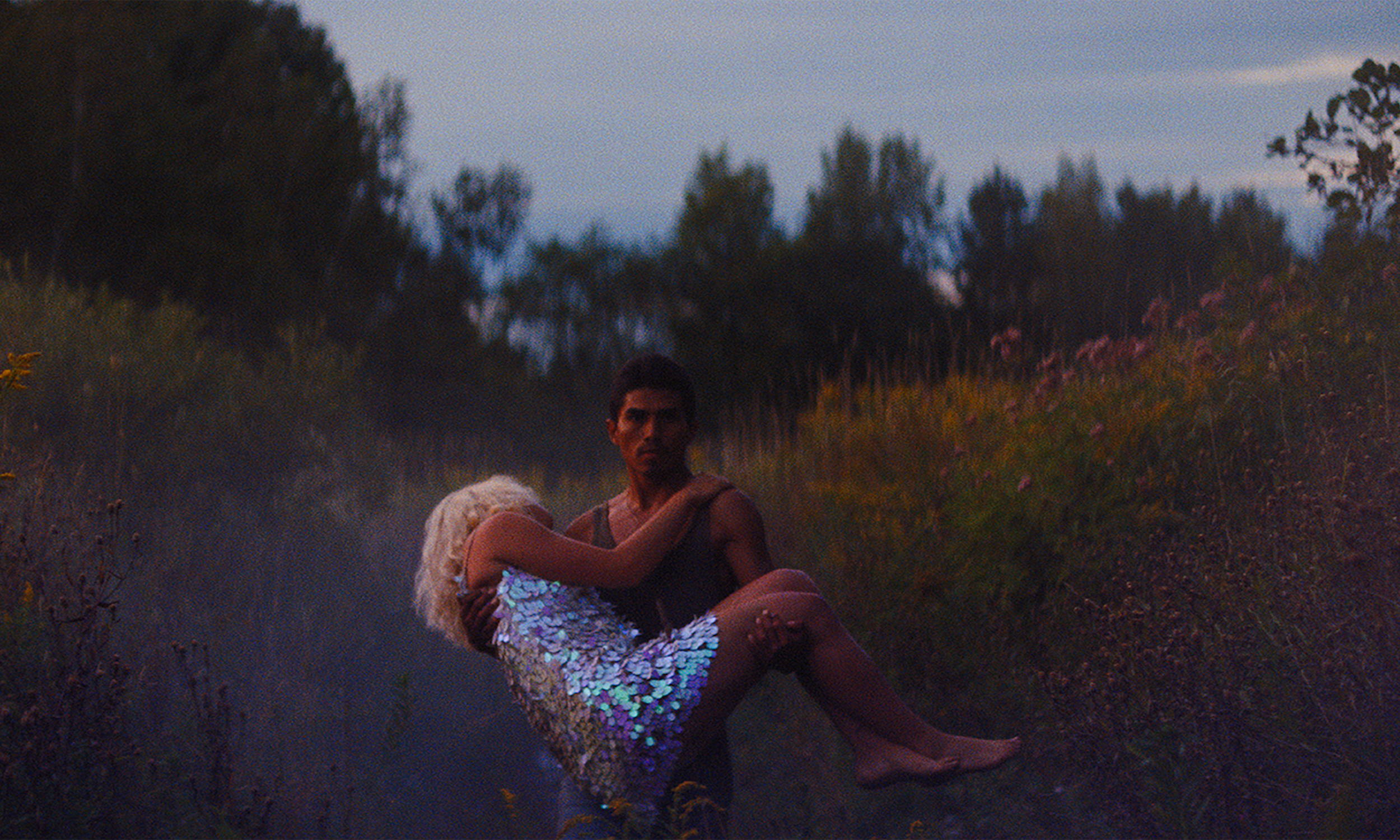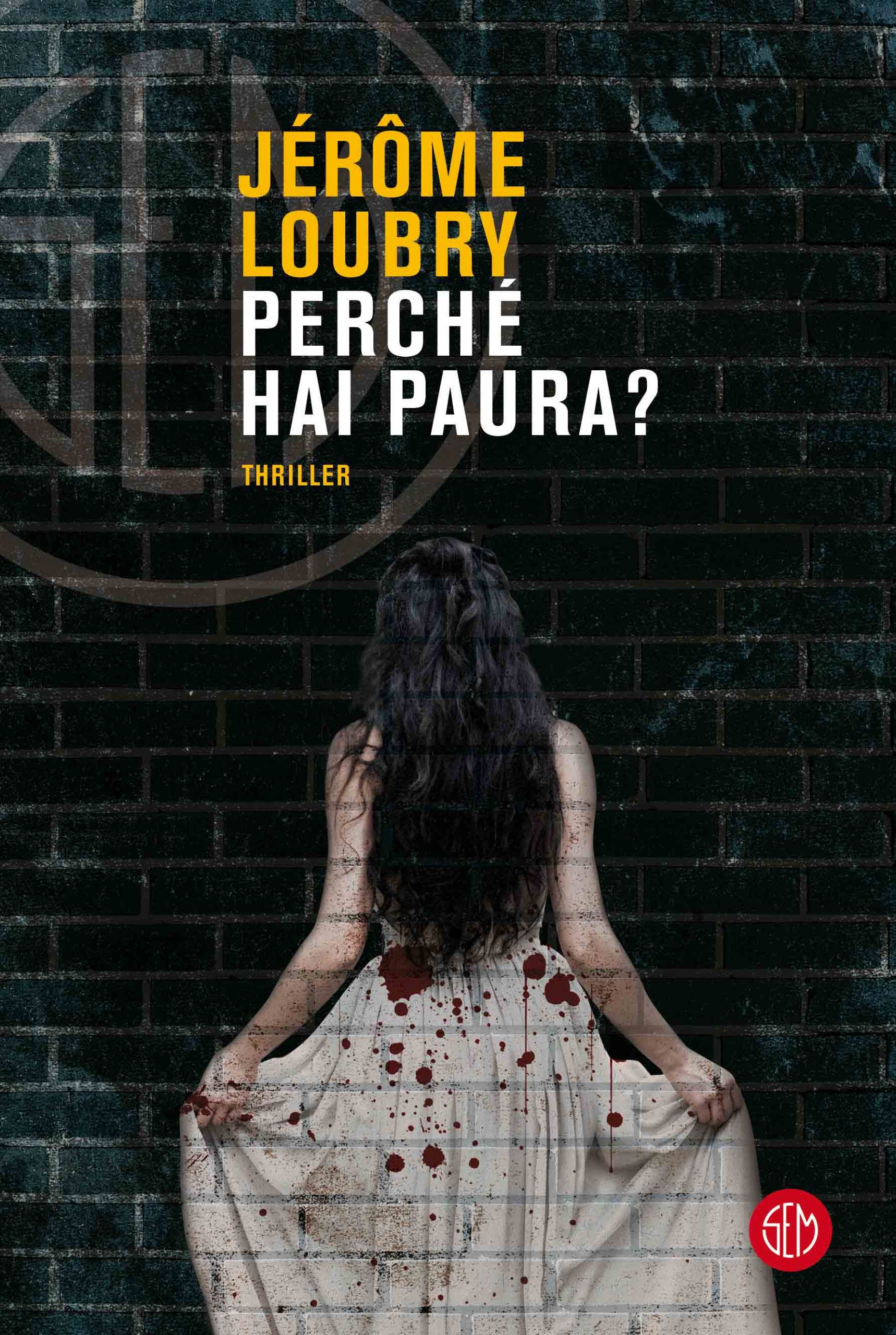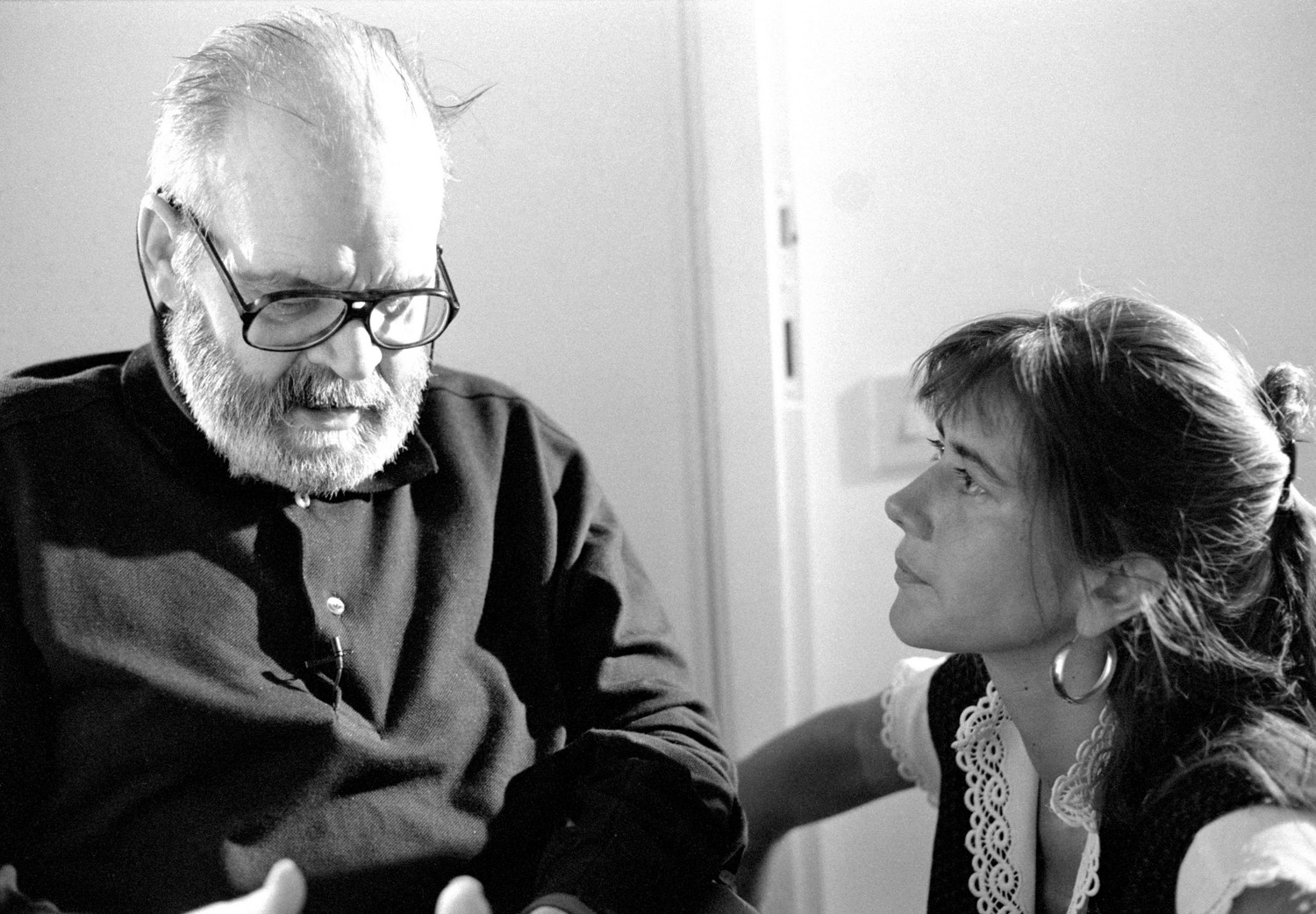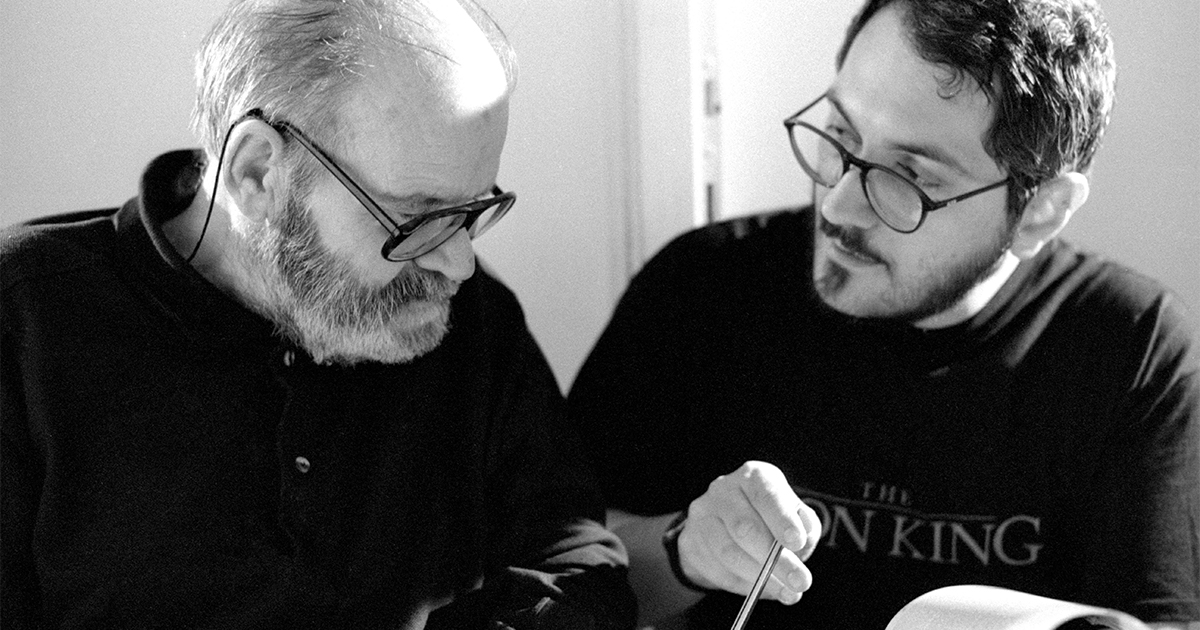COMPETITION
OUT OF COMPETITION AND SPECIAL EVENTS
LUCIO FULCI
L’UOMO DEL PORTO
Cristina Cassar Scalia
Vincenzo La Barbera, a high-school philosophy teacher, was something of a lone wolf; he lived in an old sailboat moored in the harbor, and he was very popular with his students. No debts to speak of, or ties to organized crime. Nonetheless, someone has killed him and left his body in the bed of the river Amenano, which has run underground Catania from one end of the city to the other, ever since one of Mt. Etna’s eruptions, centuries ago, covered it with lava. Vanina Guarrasi – who already has enough problems, given the death threats coming from the Mafia in Palermo – takes charge of the investigation. To crack the case, though, Vanina will once again have to turn to her assistant, the inimitable retired police detective Biagio Patanè.
An ophthalmologist, Cristina Cassar Scalia (Noto, 1977) lives and works in Catania. Her novels La seconda estate (2014, translated into French and winner of the International Capalbio Award for a debut novel) and Le stanze dello scirocco (2015) were published by Sperling & Kupfer. Her novel Sabbia nera (Einaudi, 2018, winner of the Leonardo Sciascia-Racalmare Literary Award) introduces the deputy police chief Vanina Guarrasi, a character that won over readers and critics alike and would reappear in her novels La logica della lampara (2019) and La salita dei Saponari (2020) also published by Einaudi. With Carlo De Cataldo and Maurizio de Giovanni, she co-wrote Tre passi per un delitto (Einaudi Stile Libero 2020).
LA CASA SENZA RICORDI
Donato Carrisi
A child who has lost his memory is found in the woods of the Valle dell’Inferno, just when everyone has practically lost all hope of finding him. Twelve years old, Nico is in decent physical shape: someone fed and clothed him, and took care of him, but who was it? Nico won’t talk. His consciousness is a house with the lights out, impossible to get inside of. The only one who could ever wake him up is Pietro Gerber, the child psychologist who puts children to sleep. The best hypnotist in Florence, he is summoned to explore Nico’s mind and learn his story. And as unlikely as that seems, Gerber succeeds. But when the child’s voice starts telling that story, Pietro Gerber realizes that he has broken into a room that has been forgotten.
Donato Carrisi (Martina Franca, 1973) studied criminology and behavioral science before starting to write screenplays for film and television in 1999. He wrote his first novel, Il suggeritore [The Whisperer], in 2009; published by Longanese, it won the Bancarella Prize. His second novel, Il tribunale delle anime (2011) [The Vanished Ones], was shortlisted for the Giorgio Scerbanenco Award. It would be his 2012 novel, La donna dei fiori di carta, that attracted international attention. His 2013 novel L’ipotesi del male did win the Giorgio Scerbanenco Award. In 2017, Carrisi made his directorial debut with The Girl in the Fog, which won the David di Donatello for best debut film. The same year, his novel L’uomo del labirinto came out, and would be turned into a film, Into the Labyrinth, Carrisi’s second directorial turn, in 2019. In between the two films, he published another novel, Il gioco del suggeritore [The Whisperer’s Game, 2022], in 2018. Carrisi is currently at work on his third film, Io sono l’abisso [I Am the Abyss], based on his novel of the same name, published last year.
LA TERRA DEI FIGLI
LAND OF THE SONS
by Claudio Cupellini
Italy, France, 2021, 120′
LADY IN THE LAKE
Laura Lippman
Baltimore, 1966. After eighteen years of marriage, Maddie Schwartz, well aware that as a happy housewife and mother she has lost out on experiences that are important to her, bolts from her marriage and her pampered existence, determined to take her life into her own hands. An eleven-year-old girl has gone missing around the same time, and Maddie joins the search for her. Her instincts lead her to an important clue that lands her a job at the city’s newspaper, which is right up her alley. Working at the paper offers Maddie the opportunity to make her own name, and she soon seizes on the story of Cleo Sherwood, a young African-American woman whose body was found in a lake in the city park. Had the victim been white, the Baltimore reporters would have been all over the story, but it only gets a few lines in the crime news, and Maddie is on her own as she tries to crack the case.
Laura Lippman (Atlanta, 1959) is considered one of the top crime novelists today. Her novels have won numerous awards, including the Edgar Award (Charm City), the Anthony Award (Butchers Hill, In Big Trouble, Every Secret Thing, No Good Deeds, and What the Dead Know), the Agatha Award (Butchers Hill), and the Nero Award (Sugar House). Lippman appeared in a scene from the first episode of the last season of The Wire as a reporter at the Baltimore Sun, a job she actually held, for over twenty years, before giving up reporting to write novels. She lives in Baltimore and likes to do her writing in the Spoons coffee shop in her neighborhood (Federal Hill). The character who recurs in her novels is Tess Monaghan, a reporter turned private investigator who appears in twelve novels, from Baltimore Blues to Hush Hush. Her novel Lady in the Lake is being made into a mini-series for Apple TV, co-written with and directed by Alma Har’el, starring Natalie Portman and Lupita Nyong’o.
LÉON
Carlo Lucarelli
Bologna, the Ospedale Maggiore. Grazia Negro is still dazed from the anesthesia after her Caesarian, but she’s smiling. Finally, despite it all, she’s become what she realizes she wanted to be: a mother. Enough of the investigations, the dead, the hunting down monsters. She is happy. A moment later, though, she grasps that something is wrong. A nurse takes the crib with her newborn twins away, while a police agent pushes her bed out of the room. Iguana, the psychopathic killer who had targeted college students years before, has escaped from the mental hospital he was assigned to, leaving two dead behind him. Grazia was the one who had captured him, so she and the babies are being transferred to a secret location. Her ex-boyfriend Simone, visually impaired, who had helped her track Iguana down, is also being sent there. But it’s not enough. There are dark spots in this story that conceal highly dangerous secrets. No one involved in the case is safe.
Carlo Lucarelli (Parma, 1960) made his literary debut in 1990 with Carta bianca [Carte Blanche], the first in a long series of crime novels, including Via delle Oche, winner of the 1996 Scerbanenco Award. A man who wears many hats – in literature, television, film and radio – with a love of music, he owes his success mainly to the characters in his most famous series: Inspector Coliandro, Inspector De Luca, and Inspector Grazia Negro. Lucarelli has scripted comic books (an issue of Dylan Dog, among others) and films (Nonhosonno by Dario Argento, Albakiara by Stefano Salviati), and several films (Almost Blue by Alex Infascelli and Lupo mannaro by Antonio Tibaldi) and TV series (Inspector Coliandro, Inspector De Luca, and two episodes of Crimini: Rapidamente and Niente di personale) are based on his own novels. In 2012, he directed his first film, L’isola dell’angelo caduto, which premiered at the Rome Film Festival. Active in television and radio, Lucarelli contributes to numerous newspapers and was a founder of Gruppo 13. He has written several books for young adult readers (Nikita, Il trillo del diavolo, Febbre gialla), and in 2015 he published his first children’s book, Thomas e le gemelle.
LES OISEAUX IVRES – DRUNKEN BIRDS
by Ivan Grbovic
Canada, 2021, 104′
LES REFUGES
Jérôme Loubry
Normandy, 1986. Sandrine Vaudrier, a young journalist, learns that her maternal grandmother Suzie, whom she has never met, has died and left everything she has to her. She needs to empty her grandmother’s house, where she lived alone, on a small island off the Normandy coast. When she arrives on the chilly, grey island, Sandrine soon discovers that only four elderly people live there, completely independent. Although everyone describes her grandmother as charming and cordial, there is a very strange atmosphere on the island, and it only takes Sandrine a few hours to realize that its inhabitants are hiding something. Someone or something is terrifying them. So why don’t any of them ever leave the island? And what happened to the children from the holiday camp created after the war and shut down in 1949? Who was Sandrine’s grandmother, really? A few days later, Sandrine is found wandering along a beach, her clothes covered in blood that is not her own.
Jérôme Loubry worked in the field of restoration before deciding to devote his energies entirely to novel writing over the last few years. He has written five novels: Les Chiens de Détroit (2017), his debut, which won the Plume Libre d’argent 2018 award, and Le douzième chapitre (2018), De soleil et de sang (2020), and Les soeurs de Montmorts (2021), as well as his 2019 book Les refuges [The Refuge], published in Italy by SEM, under the title Perché hai paura?, and winner of the Prix Cognac for best French novel, among other accolades.
Lucio Fulci and film, the love of a lifetime
A talk at Noir saw the presentation of the documentary by Antonietta De Lillo, a long interview with Fulci conducted by De Lillo and Marcello Garofalo. Speakers at the event included Alice Mariani, Elisabetta Giannini, Fabrizio D’Alessio, Fabio Frizzi, and Antonella Fulci. The festival also devoted a small retrospective to the filmmaker.
LUNA ROSSA – RED MOON
by Antonio Capuano
Italy, 2001, 116′

